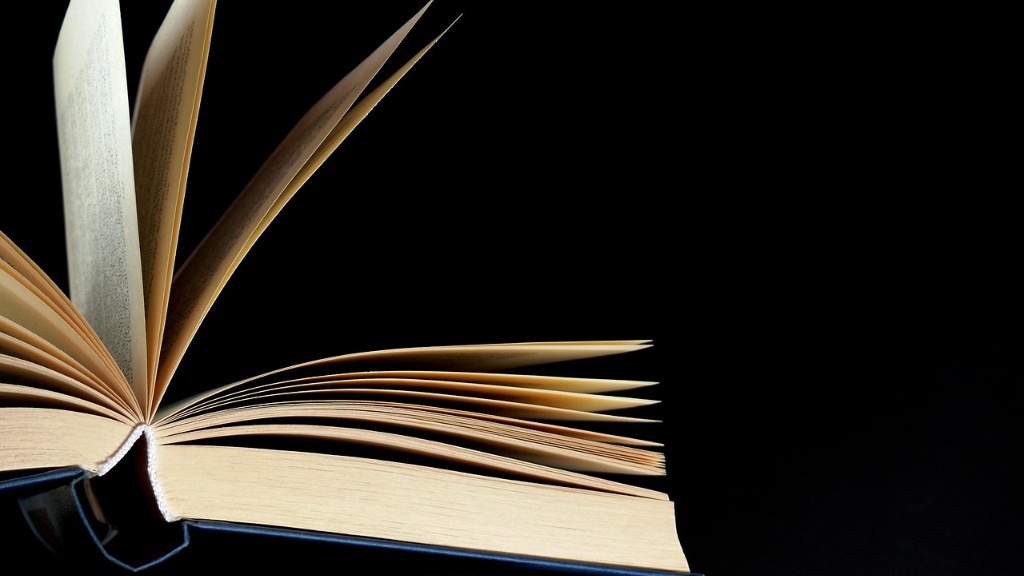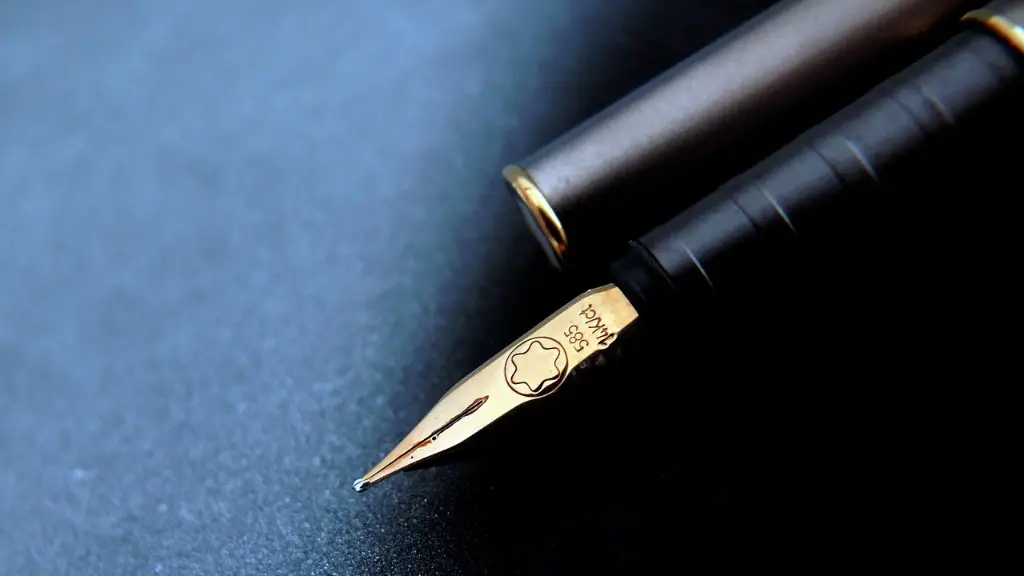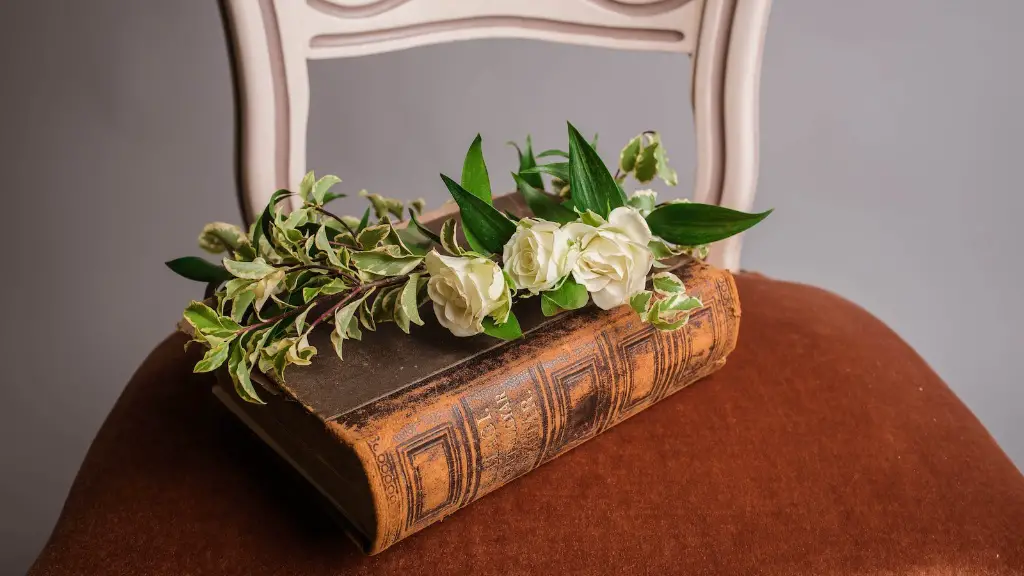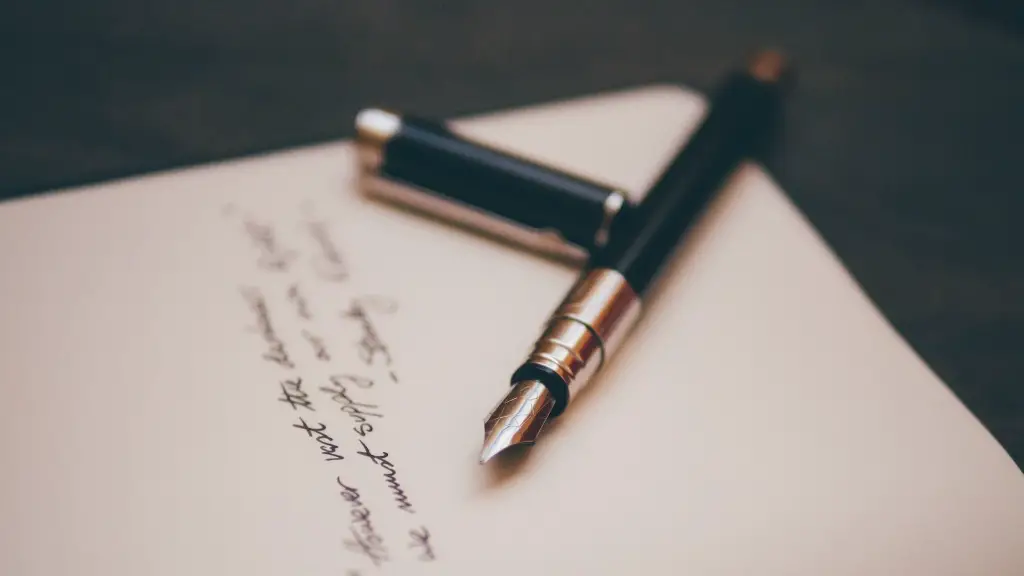Poetry is a genre of literature that is art in itself. It’s a type of expression and a way to express feelings that’s been around since centuries. It is usually when a poet, artist, or writer expresses their own feelings, ideas, and creativity. It’s a form of writing—most often in a narrative—that is composed of patterned words and rhythm. The flow of poetry creates an orderly, yet vivid, representation of artist’s emotions. It can be classified into two main genres: lyrical and narrative.
Lyrical poetry is when the poet focuses on conveying an emotion or a moment. The artist will craft a poem by controlling the rhythm, the symbols, the images, and the metaphors of the words. This type of poetry is focused on trying to capture the attention of the reader by letting them feel the emotion they are trying to convey. Examples of lyric poetry include William Blake’s “The Tyger”, John Donne’s “Death, Be Not Proud”, and Mary Oliver’s “The Summer Day”.
Narrative poems, on the other hand, tell stories. It is a poetic composition that revolves around a single character, situation, event, or series of events where the narrator presents the story in chronological order. The usual purpose of narrative poetry is to entertain or to teach. Popular examples of this type of poetry can be found in the works of Geoffrey Chaucer, William Shakespeare, John Milton, and Edgar Allan Poe. Some wonderful examples of narrative poems include “The Rime of the Ancient Mariner”, “The Canterbury Tales”, and “Annabel Lee”.
Poetry has been used throughout history as a tool to communicate, and it still is today. It’s considered a powerful form of expression that can make the reader feel a connection with the author. It’s often used in events or celebrations to capture the emotion of the moment. It’s also used to share stories, to engage the audience in an experience, or to evoke an emotional response. Its ability to relay emotions and ideas in an evocative way has made it an integral part of education, literature, and culture throughout the ages.
No matter the form or genre, there are several important elements that all poetic works must have. It must have some kind of meter, which is the rhythmic pattern of the poem. It must also have imagery which is using language to create mental images in the readers mind through the use of descriptive words. Most importantly the poem must have emotion; without emotion the poem will fail to move and affect the reader. All these elements combined create powerful and memorable poetry that can surely stay in the minds of the readers forever.
Famous Poets
Throughout history, poetry has been used as an expressive and powerful way to capture the attention of readers. The works of famous poets such as William Shakespeare, Sir Thomas Wyatt, Sir Walter Raleigh, and John Milton have inspired and moved readers in ways no other form of literature can. The works of these famous poets have helped to shape literature and culture as we know it today. Their works and the emotions they stirred up in readers will always remain present and timeless.
How Poetry is Used Today
Today, there are many different uses for poetry. While poetry is still seen as a form of literature and is still part of the classical education system, it is also used in more creative ways. Poetry is often used to share feelings, tell stories, and express emotions. It is an important part of many cultures and societies, and it is used in ceremonies and rituals to create a powerful sense of unity among individuals who might not otherwise have a shared connection. It is also used in advertising and marketing campaigns, in books and songs, and in virtual experiences.
The Benefits of Poetry
Poetry has plenty of benefits. It allows people to connect and share stories, build relationships, and inspire others. It helps people express their feelings, understand and communicate with each other, and explore their inner thoughts. Through poetry, people can gain a deeper understanding of themselves and of the world around them. It enables readers to learn, to think critically and deeply, and to appreciate different perspectives. Poetry also gives readers a deeper appreciation of language, and it helps them acquire better writing and speaking skills.
Poetry and Mental Health
Studying or writing poetry can be beneficial to mental health. Poetry can be used to release and express emotions, to discover inner strength and creativity, to reframe thoughts, and to gain a better understanding of different human experiences. It can help people process difficult experiences and even help them find healing after traumatic events. Poetry can be used as a tool to open up conversations about mental health and break the stigma around it.
Poetry and Education
In academics, poetry is an important part of the curriculum in many countries and an integral part of any multicultural education. It provides a platform for students to explore their creativity and gain a deeper understanding of literary forms, cultures, and histories. It teaches students how to use language more effectively and communicate ideas in a more meaningful way. Curricula in most educational institutions include poetry as part of the study of literature and art, which gives students the opportunity to build a more well-rounded knowledge of the world and expand their creative horizons.
Poetry and Performance
Performance poetry is a type of spoken word poetry that is often performed in front of a live audience. Many performance poets will write their own works, while others might draw on traditional forms of poetry such as haiku and lyrical verse. Performance poets are often passionate activists or advocates for social or political causes, and they use their words to communicate powerful messages. Their live performances often deliver powerful and moving messages, as well as inspiring the audience to reflect on the world around them in new and meaningful ways.
The Future of Poetry
Poetry has been around for centuries and has been used to express feelings, convey stories, and explore ideas. This type of literature has had a profound impact on literature and culture, and it will likely continue to do so for centuries to come. The future of poetry lies in its ability to inspire and engage the reader, its power to tell stories in compelling ways, and its continued use as a powerful and meaningful form of communication.



